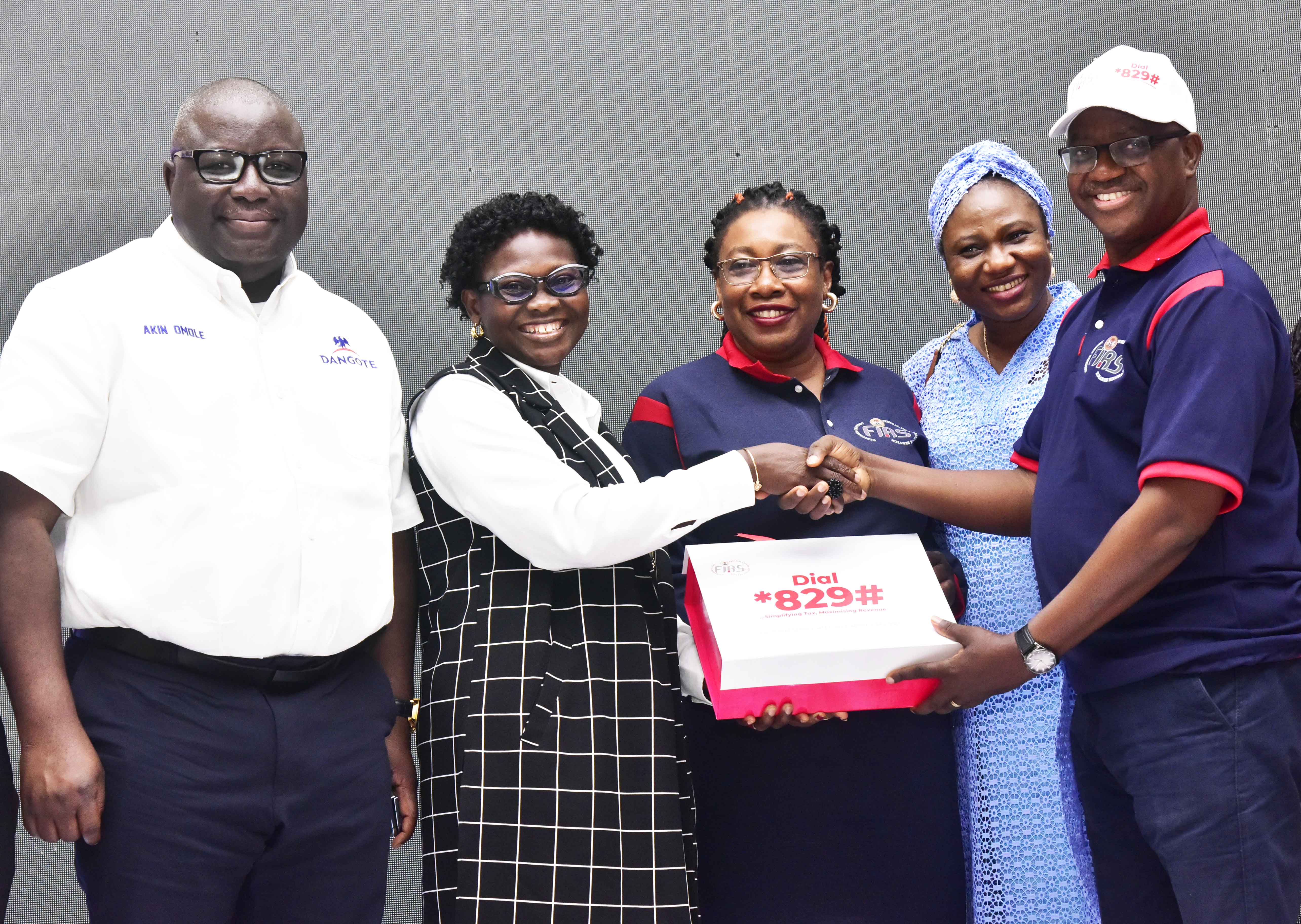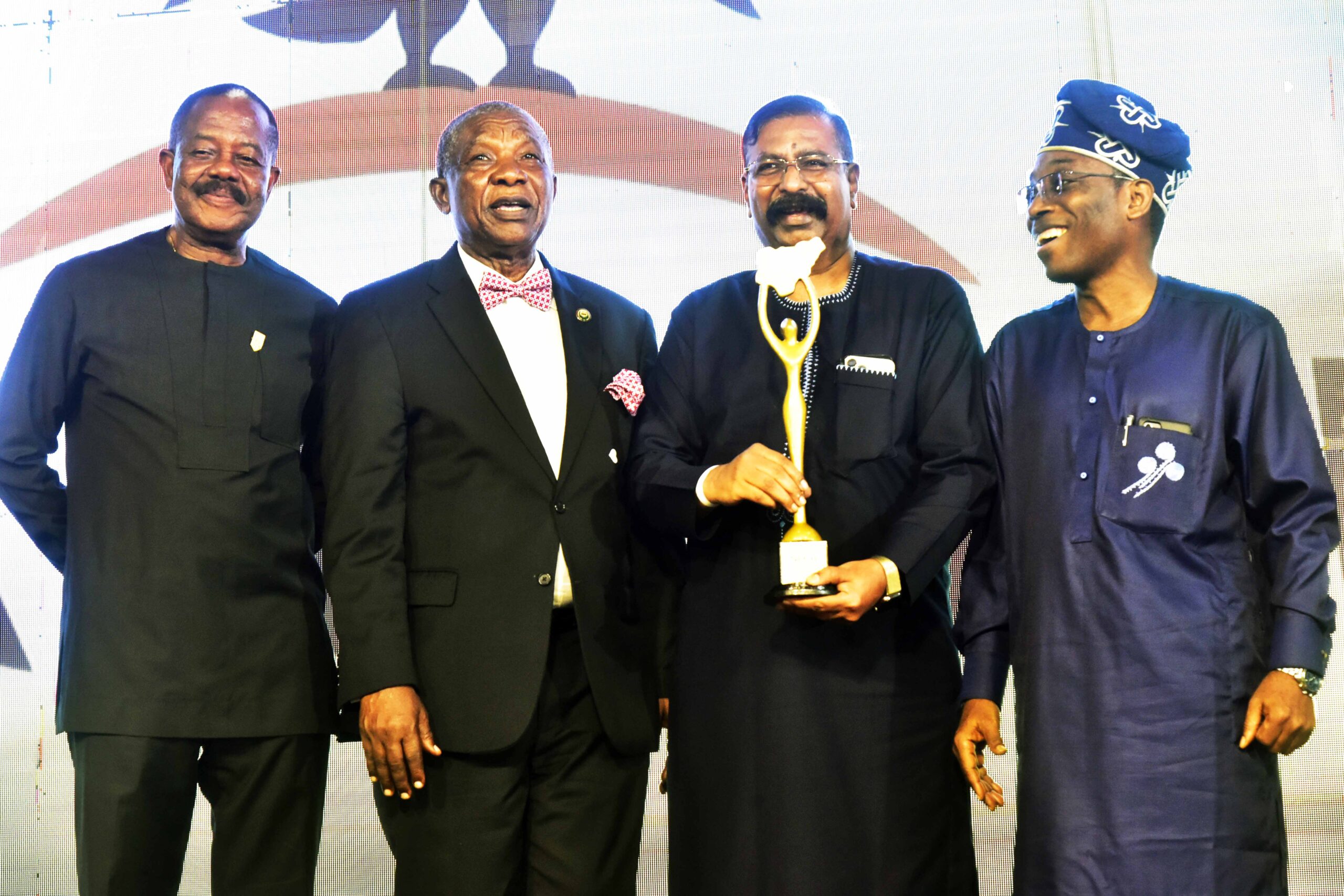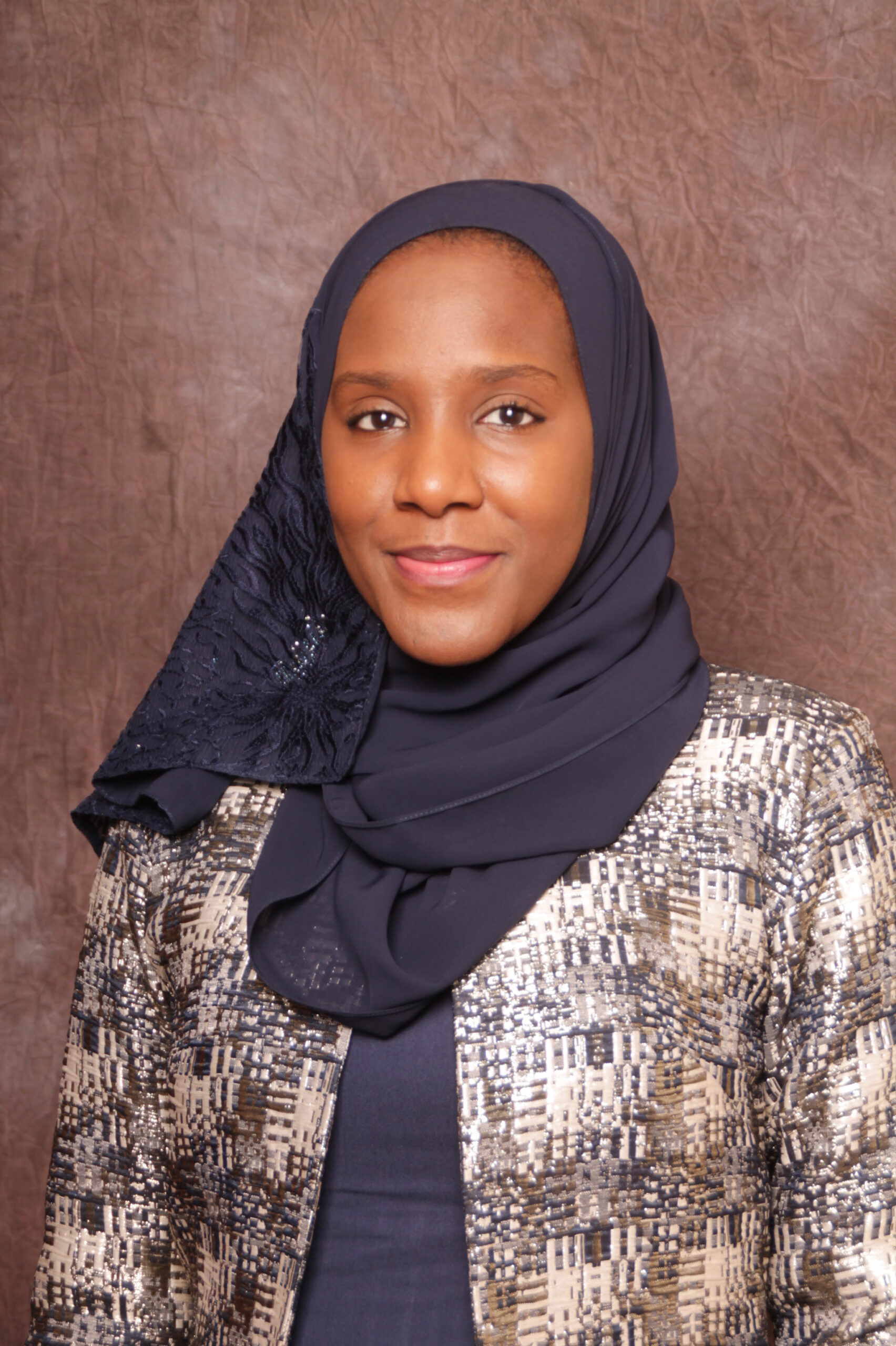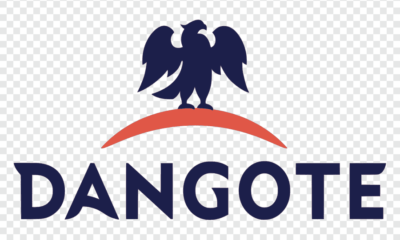Business
FIRS Names Dangote Group Most Tax Complaint Business

It was a season of award at the weekend for the Dangote Group with its recognition as best Nigeria’s best compliant tax payer business organization and FMDQ Gold award winner for being the most active corporate organization in the foreign exchange market.
Biztellers reports that two members of the Group, the Dangote Industries Limited (DIL) and Blue Star Shipping, were recognized as the most compliant in tax payment in Nigeria, ahead of the MTN Communication, Dangote Cement Plc at another occasion, in Lagos, won three awards at the FMDQ Gold Awards.
During the Special Day of the Federal Inland Revenue Service (FIRS) at the just concluded Lagos International Trade Fair, Nigeria’s tax regulator adjudged the DIL as the most compliant taxpayers in Nigeria.
In another development, Dangote Cement emerged as the Largest Commercial Paper Quotation on FMDQ and Single Largest Corporate Debt Issue on FMDQ.
ALSO READ: BP, Trafigura, Vitol Lead Global Offtake Of Dangote’s Refined Products
The DIL also emerged as the “Most active corporate in the foreign exchange market”.
Biztelleers reports that the FMDQ GOLD Awards, (Global Competitiveness, Operational Excellence, Liquidity and Diversity), is a corporate tradition that recognises the resilience and agility of the Nigerian financial markets’ participants.
The award acknowledges the valuable efforts of these stakeholders, whose participation in the FMDQ markets and across the financial market infrastructure value chain of FMDQ’s businesses – Securities Exchange, Central Counterparty and Depository – have positively shaped the course of the markets and invariably impacted the development of the Nigerian economy.
The Dangote Cement and Blue Star Shipping were recognised at the weekend by the Federal Inland Revenue Service (FIRS) as being among the most compliant taxpayers. As part of its Special Day activities at the 2024 Lagos International Trade Fair, the FIRS celebrated several business organisations for their high levels of tax compliance.
Dangote Cement was recognised in the biggest taxpayer category in the part of the programme tagged “FIRS compliant taxpayers awards and recognition”. Several speakers at the event including FIRS State Administration Lagos Mainland, Ishola Akingbade, who represented the Chairman of FIRS commended these companies for their high levels of compliance which makes tax administration easy.
Head of Tax Compliance at Dangote Industries Ltd, Dr. Titi Fowokan, stated that “Dangote as a Group has a Tax Policy that is based on zero tolerance for tax non-compliance. As good corporate citizens, we comply with all relevant laws, including tax laws. Also, complying with the tax payment statutory deadlines ensures that we do not fall foul of the law, which stipulates penalties for non-compliance.”
According to her, Dangote Group achieved compliance by putting in place world class processes that align with the requirements of the tax laws and regulations, putting into consideration the need to strictly adhere to statutory timeliness and eliminate costs of non-compliance.
“We pride ourselves in the Dangote Brand and seek to promote a tax compliance culture, which demonstrates our corporate responsibility to the government for the provision of public goods and services for the citizens”, she added.
Fowokan explained that the company as part of steps to achieve compliance maintained its best practice tax governance culture, ensured accurate tax computation and timely remittance to avoid penalties & interest arising from tax compliance defaults. She affirmed that these steps helped to minimise tax audit risks & avoid incidence of tax litigations.
The DIL (Dangote Group) is one of Africa’s largest industrial conglomerates. It is a diversified and fully integrated conglomerate. It has been a key investor in the Nigerian economy. The Group’s interests include cement, sugar, salt, fertiliser, agriculture, transport, packaging and real estate, the oil and gas, petrochemical, and steel sectors of the economy.
The core business focus of the Group, which started operations in 1978, is to provide local, value-added products and services that meet the ‘basic needs’ of the populace. Through the construction and operation of large-scale manufacturing facilities in Nigeria and across 17 other African countries, Dangote Group is focused on building local manufacturing capacity to generate employment, prevent capital flight and provide locally produced goods for the people.
Business
CBN Approves Release Of Nigerian FX Code
The Central Bank of Nigeria (CBN) has announced the release of the Nigerian Foreign Exchange (FX) Code, a set of guidelines designed to promote ethical conduct among authorized dealers in the country’s FX market.
In a statement, the apex bank disclosed that the official launch of the Code would take place on Tuesday, January 28, 2025, at the CBN Head Office Auditorium in Abuja.
READ MORE: Dangote Denies Culpability In Pumping Up Petrol Price
“The Central Bank of Nigeria has approved the release of the Nigerian Foreign Exchange (FX) Code as a guideline to the banking industry to promote the ethical conduct of authorised dealers in the Nigerian Foreign Exchange Market,” the statement read.
The introduction of the FX Code is expected to enhance transparency, accountability, and professionalism within Nigeria’s foreign exchange ecosystem, aligning it with global best practices.
The event is anticipated to attract key stakeholders in the financial and banking sectors, as well as representatives from authorized FX-dealing institutions across the country.
Business
How Trump Plans To Grow American Economy By $1 Trillion Daily

The 47th President of the United States, Donald Trump attracted up 3 trillion dollars in investments into the country’s economy in his first full day at work.
This was gleaned from the verified handle of the POTUS on micro-blogging site, X, on Wednesday.
Biztellers reports that the POTUS is focused ensuring at least $1 trillion investment daily for the first seven days of his return to the White House, which would be driven by key clearly identified areas, including artificial intelligence.
ALSO READ: WHO Expresses Regret Over US’ Withdrawal
President Trump wrote, “In total, before the end of my first full business day in Washington and the White House, we’ve already secured nearly $3 trillion of new investments in the United States.
“And probably, that’s going to be six or seven by the end of the week.”
In a short video clip accompanying the statement, President Trump assured that the surge in investments would likely hit $7 trillion within his first seven days as the 47th POTUS.
He highlighted that artificial intelligence had proven to be an area lots of willing entrepreneurs had shown much appetite for.
Business
CSR: Dangote Awards Scholarships To 473 Students

Joy and elation enveloped the Idotun Community Junior High School, a suburb of Lekki, when Dangote Petroleum Refinery & Petrochemicals, in partnership with Dangote Fertilisers Limited, awarded scholarships to 473 students from 10 secondary schools and 7 tertiary institutions.
Biztellers reports that in addition, the companies donated 804 tables and chairs to secondary schools in their host communities of Ibeju-Lekki.
Consequently, students, parents, teachers, and community leaders expressed their immense joy as the scholarship certificates were presented to the beneficiaries, alongside educational materials, including textbooks and notebooks, as part of the 5th Edition of the Dangote Scholarship Award Programme.
Group Vice President of Oil & Gas at Dangote Industries Limited, Devakumar Edwin, remarked that the event symbolised a shared vision—a partnership between Dangote Industries and the host communities, designed to build a foundation for sustained growth, one that is rooted in education, innovation, and opportunity.
He further emphasised that the initiative is not merely a celebration of achievements but a reaffirmation of the group’s commitment to nurturing potential, empowering communities, and shaping a brighter future for the leaders of tomorrow.
“Education, as we all know, is the passport to the future. At Dangote, we believe that education is not just a privilege but a right that every child deserves. This belief has fueled our dedication to supporting students and schools in our host communities since the year 2019 when we launched the Scholarship Award Programme as a key pillar of our Community Development Plan, with year-on-year progress,” he said.
Praising the students for their academic dedication, which he acknowledged has resulted in remarkable growth over the years, Mr. Edwin highlighted the impressive year-on-year progress—from 56 students in 2019 to 450 beneficiaries in 2024. He stated that the company is deeply inspired by their determination and is confident that the resources provided will empower them to realise their dreams.
ALSO READ: EDO: SUBEB Chair, 6 Commissioners, Board Chairs Take Oath Of office
He also noted that the decision to donate the 804 tables and chairs to schools was part of the company’s broader commitment to enhancing the learning environment. This gesture, he emphasised, is a testament to the company’s dedication to ensuring that every child has access to a conducive environment for learning, where they can grow, dream, and thrive.
“To the scholars here today, you are at the heart of our initiatives. Your dreams, aspirations, and hard work inspire us to continue making a difference. As you embark on your academic journeys, remember that the support you receive today is a seed sown in fertile ground. Nurture it with dedication, perseverance, and a spirit of excellence, and it will yield remarkable fruits in your future.
“I would like to extend my heartfelt gratitude to our community leaders, dedicated school administrators who work tirelessly to ensure the success of these initiatives. Your partnership and support are invaluable, and we are honored to work alongside you in empowering the next generation,” he added.
The Managing Director of Dangote Industries Free Zone Development Company (DIFZDC), Olayinka Akande, urged the beneficiaries to uphold excellence, which he identified as one of the core values of Dangote Industries Limited. Emphasising the importance of dedication and diligence, he encouraged the students to aim high, noting that with such attributes, some of them could rise to become governors, ministers, captains of industry, or even the next ‘Edwin’ in the future.
The Head of Social Performance at Dangote Petroleum & Petrochemicals, Ogunleye Mojisola, highlighted that the education intervention is one of the four pillars of the Community Development Plan, which was jointly designed with the community. Reflecting on the scheme’s success since its inception in 2019, Ogunleye expressed gratitude to the management for consistently providing the necessary resources to sustain the programme.
“The increase in the number of beneficiaries each year is a clear indication that the initiative is fulfilling its purpose, motivating students to study hard and achieve academic excellence,” she remarked.
The Aro of Lekki Kingdom, Chief Adewale Salami, who represented the Oni of Lekki, conveyed his appreciation for the intervention, affirming that the company is helping to shape the future of the community. He also expressed the kingdom’s continued support for Dangote Industries Limited.
The Chairman of the Lekki Coastal Area Development Association, Alhaji Wasiu Ayeola, praised the founder and Chief Executive of Dangote Industries Limited, Aliko Dangote, for transforming what was once a hunting ground of rabbits and lizards into a multibillion-dollar investment that benefits not only the local community and Lagos but also Nigeria and the world. He emphasised that education is the most effective way to shape the future of the community.
Several beneficiaries, including Atibere Peter from Lagos State University, Dauda Omolara from Community Senior High School, Magbon Segun, and Ganiu Ayomide from Community Senior High School, Akodo, among others, expressed their heartfelt gratitude. They noted that the scholarship and support would motivate them to study harder and alleviate the financial burden on their parents and guardians.

















